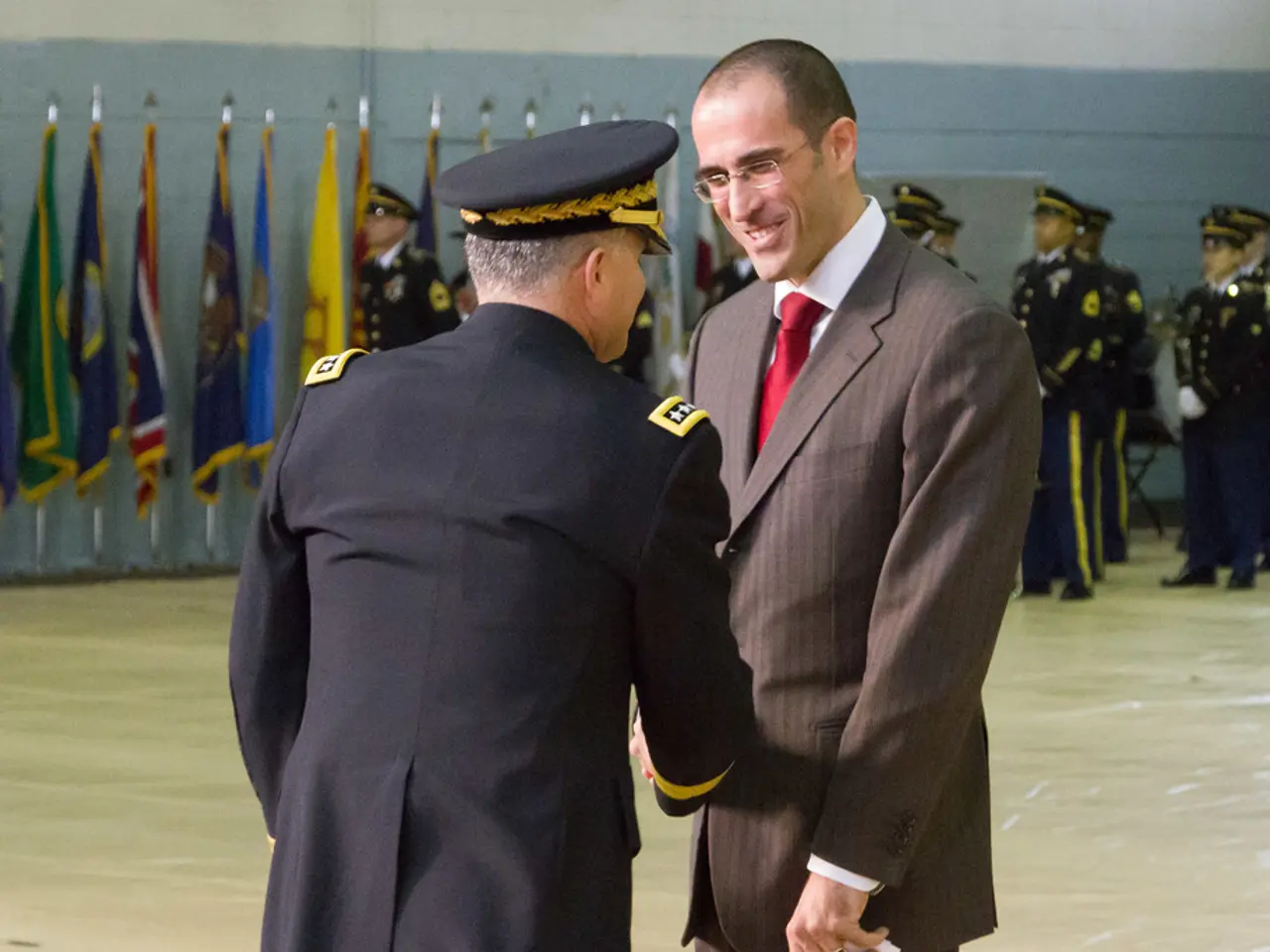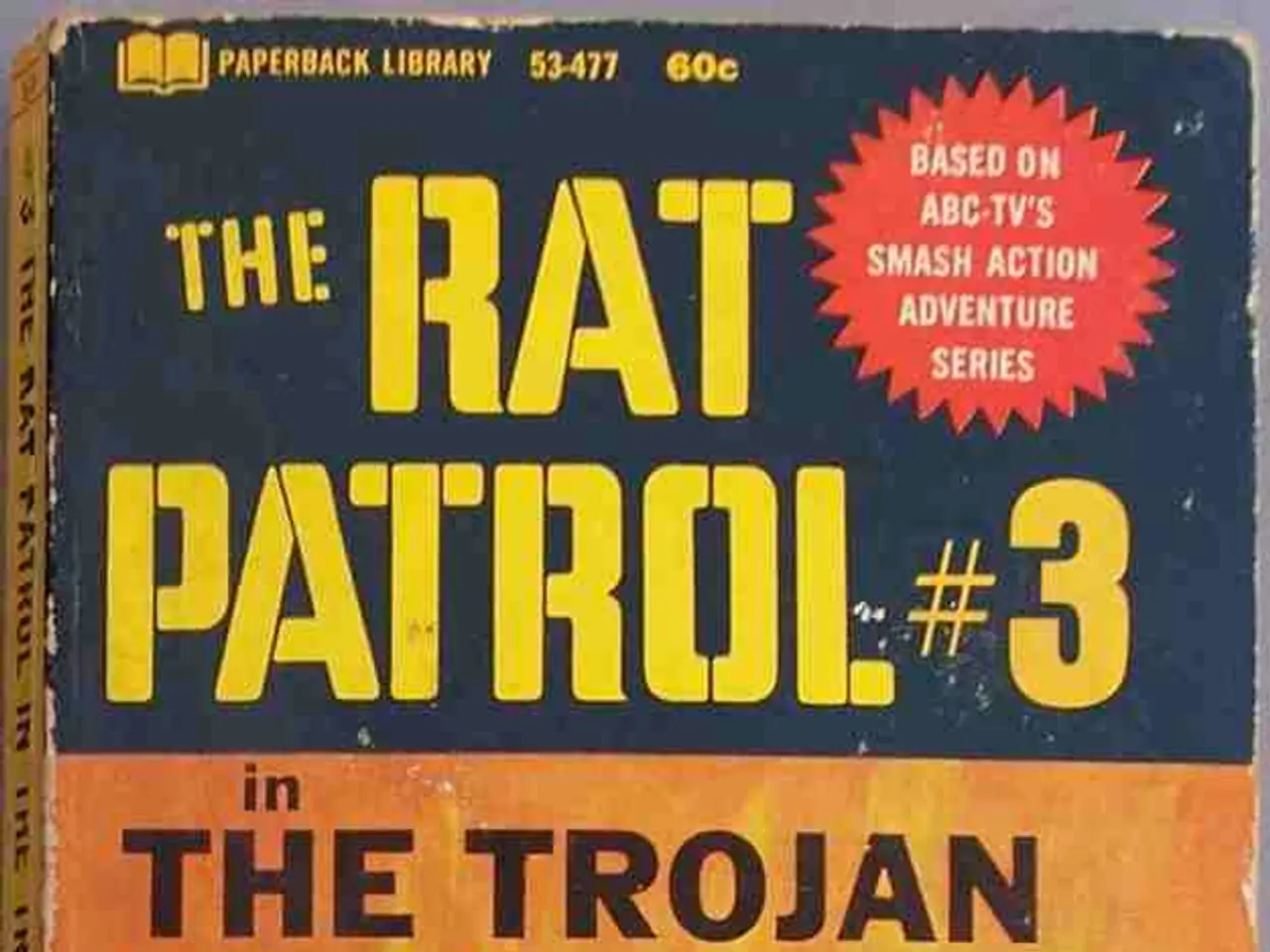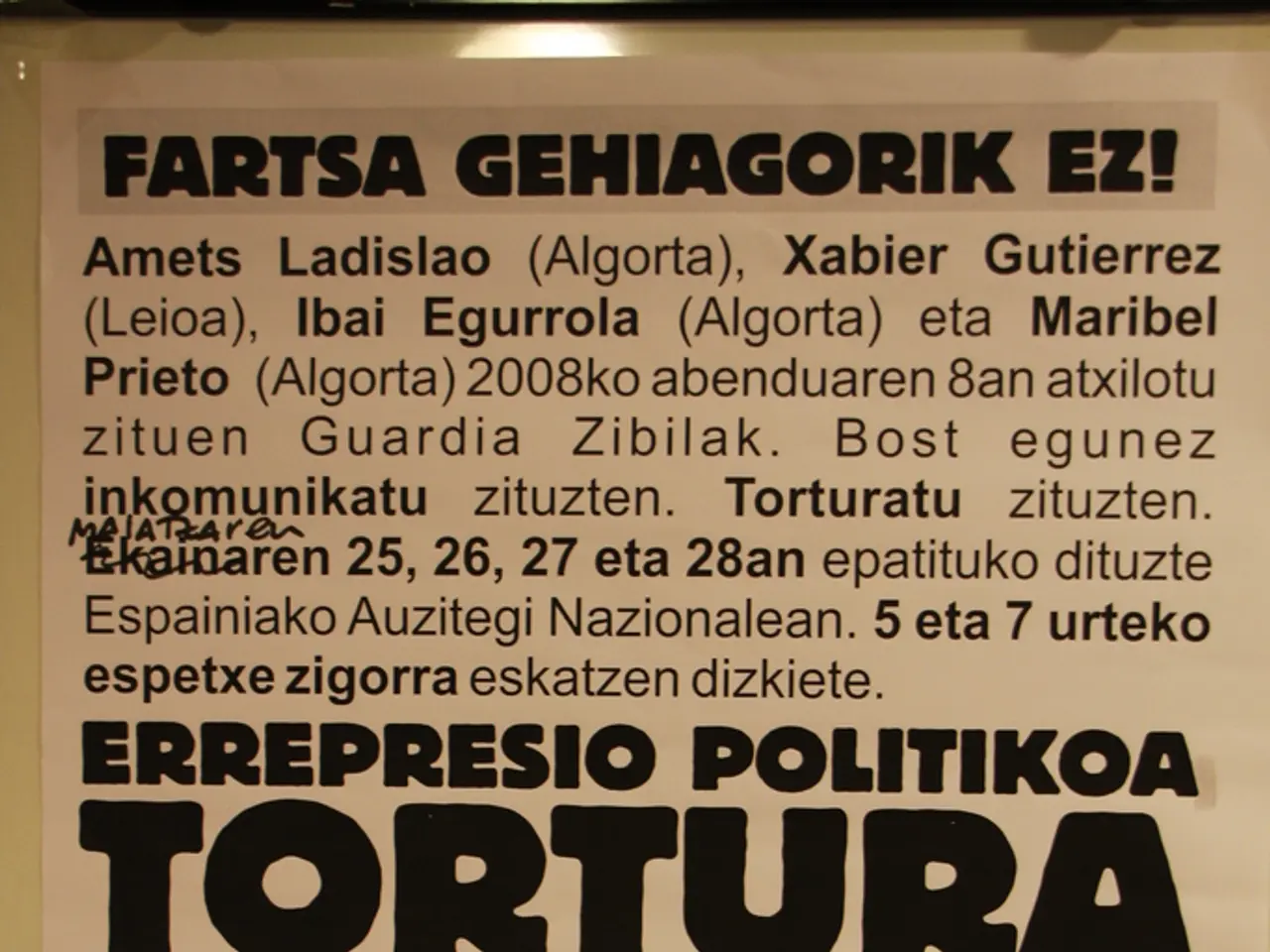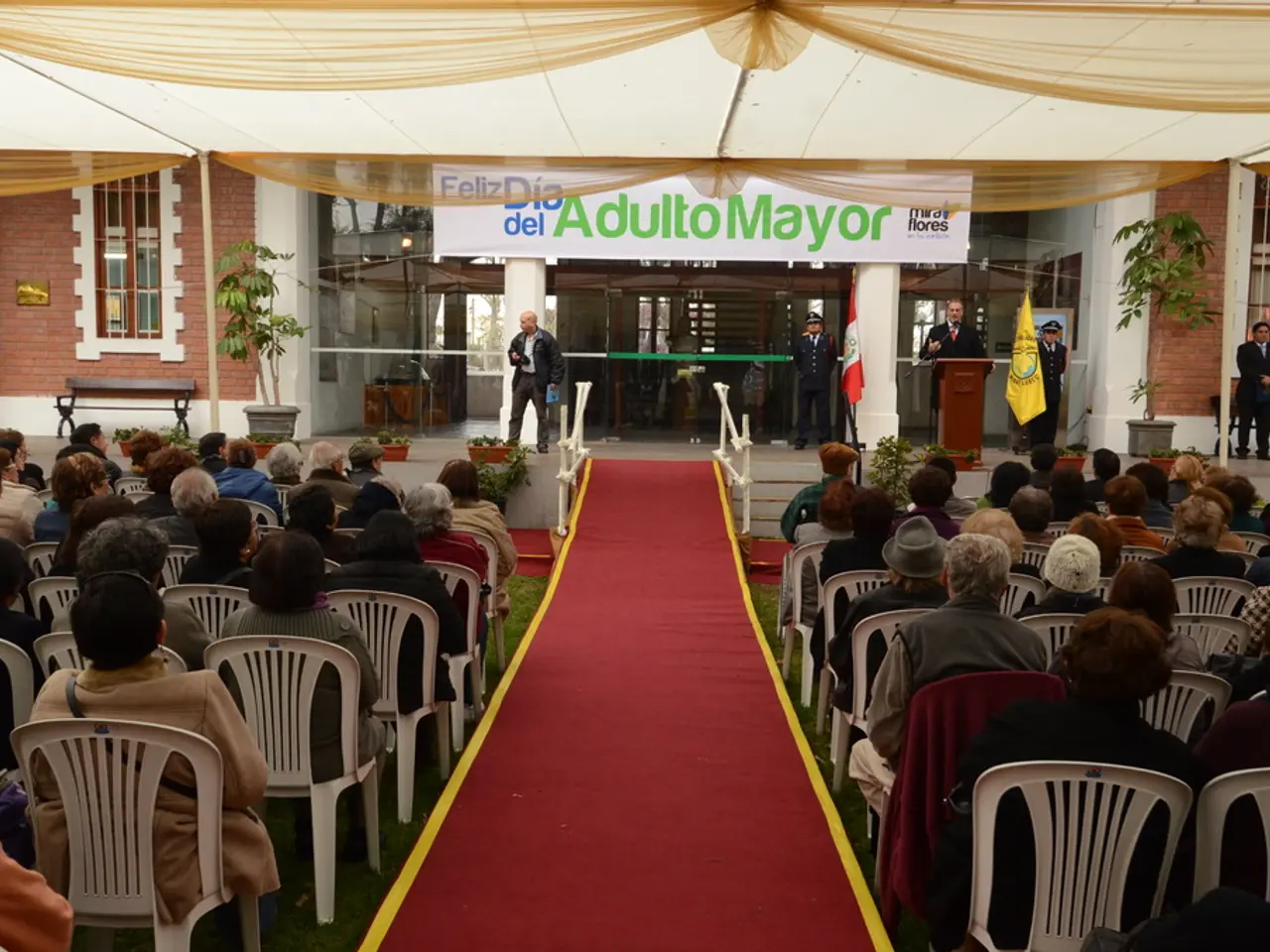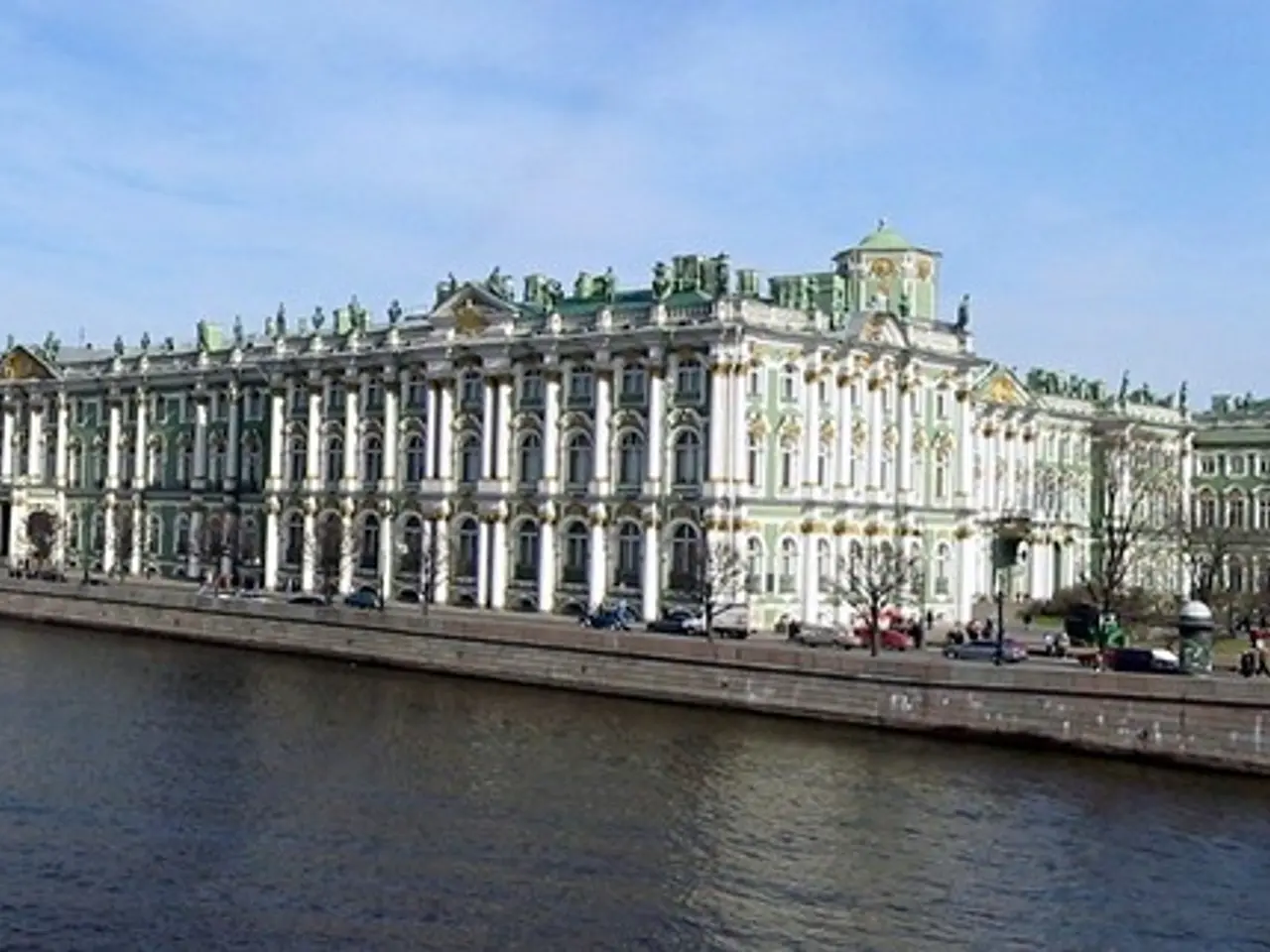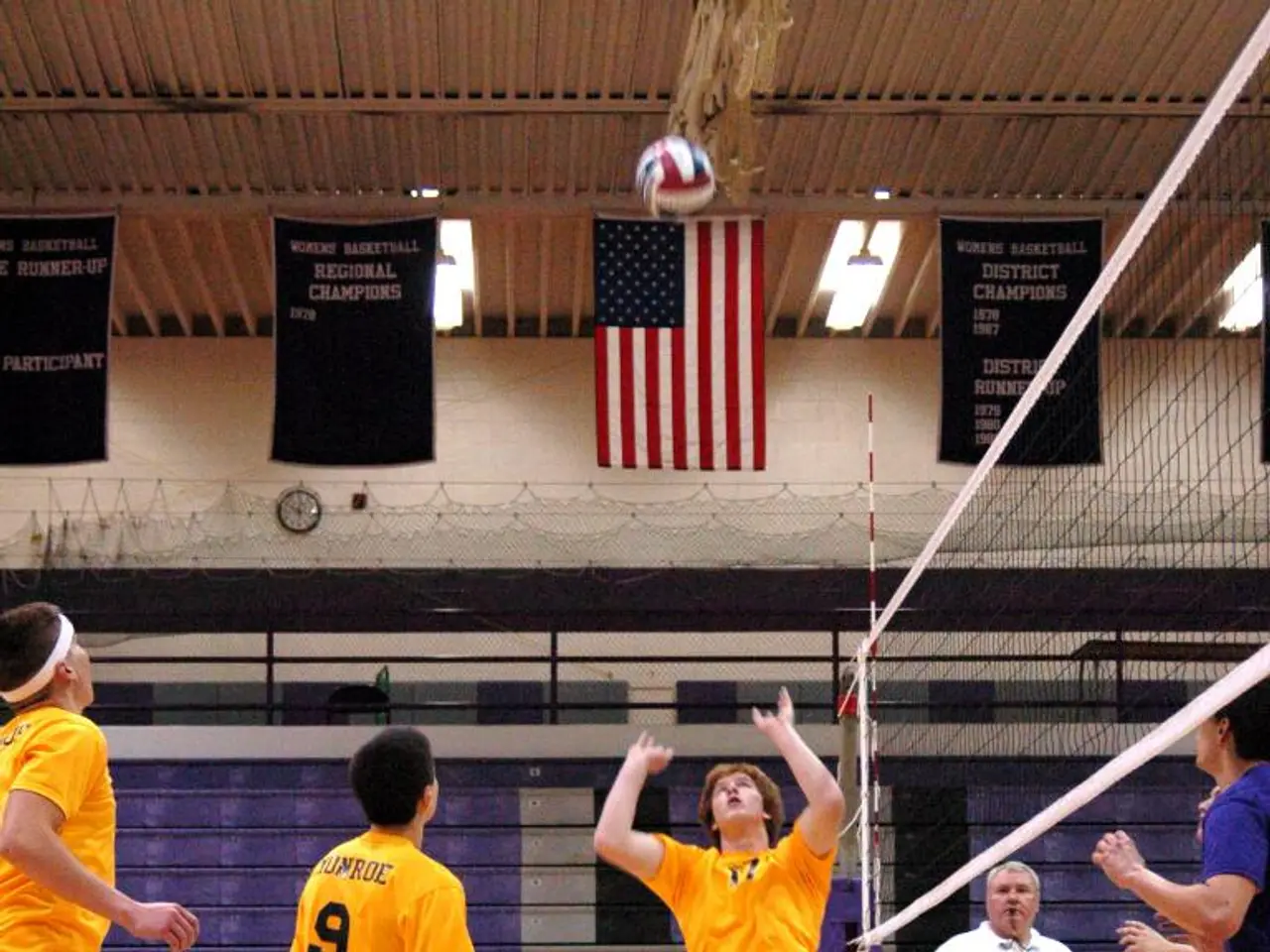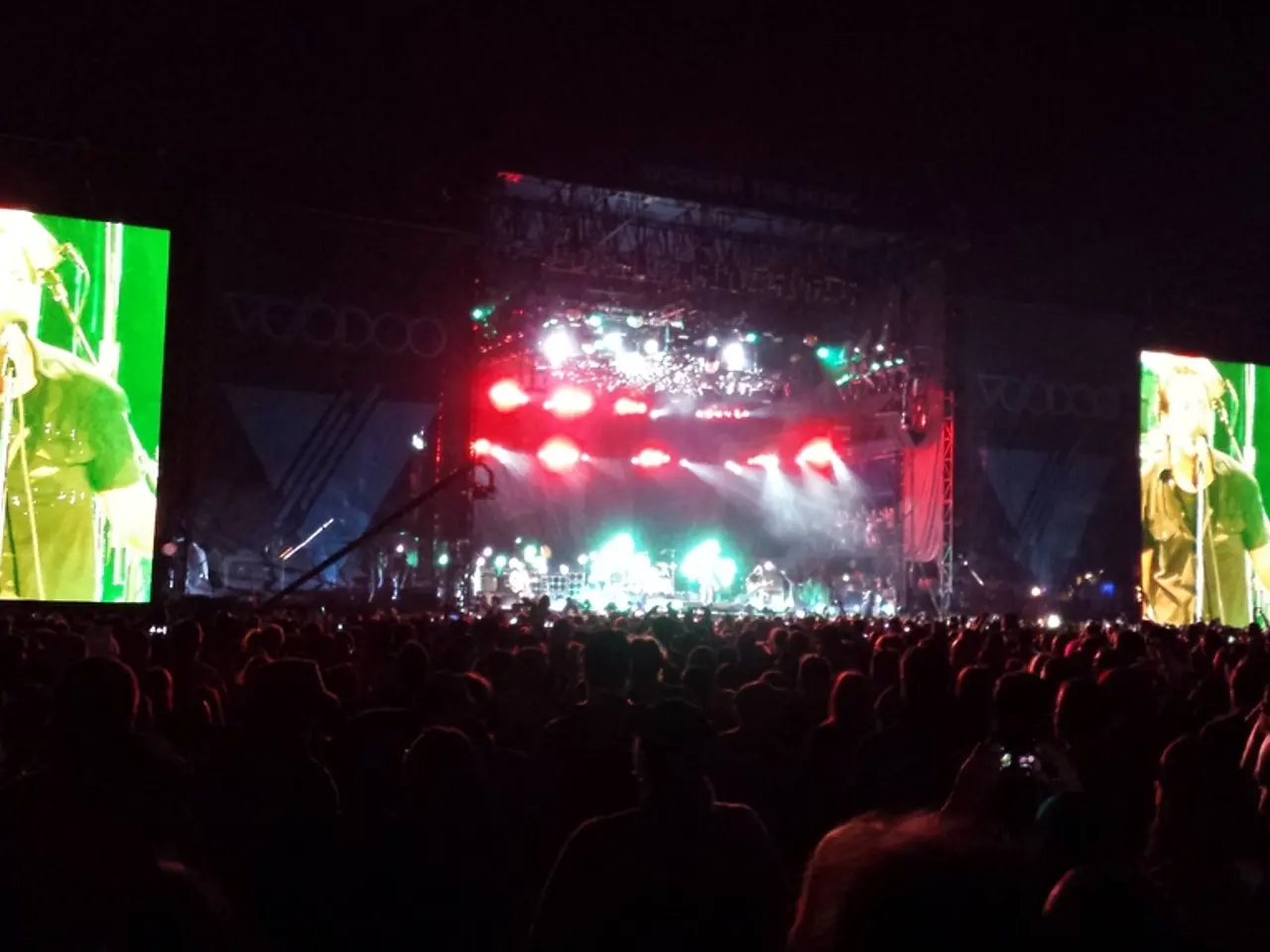Polish president grants clemency to head of civilian militia group - Polish head of state grants amnesty to Leader of the Civil Guard
Polish President Andrzej Duda's decision to grant clemency to Robert Bakiewicz, a prominent figure in the self-appointed border militia, has sparked debate and controversy. Bakiewicz, who was convicted for his involvement in a violent incident during a political protest in 2020, was pardoned on July 11, 2025, just before Duda left office.
The pardon, which alleviated some of Bakiewicz's penalties but did not erase the consequences of his conviction, has been met with criticism from the center-left ruling camp, particularly Senate President Malgorzata Kidawa-Blonska of the Civic Coalition. They argue that the pardon undermines judicial authority and may encourage similar actions from nationalist groups.
The controversy also stems from the timing and justification of the pardon, given Bakiewicz's failure to fulfill court obligations and his leadership role in nationalist, paramilitary groups operating near the Poland-Germany border. Some see these groups as exacerbating social tensions, particularly in the context of the resumption of border controls by Poland on July 7.
Bakiewicz, who led the "Border Defense Movement," was sentenced to community service for harassing a protester in 2020, part of which was waived. Despite this, he did not comply with any elements of the sentence, paying only a small fraction of the fines and reportedly boasting that enforcement authorities need not strain themselves because he anticipated a presidential pardon.
The national-conservative opposition party PiS and the incoming president, Karol Nawrocki, have praised Bakiewicz's activities. However, the specific reasons for their opinions have not been provided. Since the resumption of border controls, the right-wing militia led by Bakiewicz has been less active but remains present.
The news agency PAP reported the pardon granted by President Duda to Bakiewicz, while the announcement was made by the Polish Prosecutor General's Office in Warsaw. It is important to note that the pardon is not related to the current border protests.
In summary, the controversy centers on the pardon's timing, justification, and potential implications for judicial authority and nationalist actions. Critics argue that the pardon may embolden similar actions, while supporters may view it as a protective measure for patriotic activism in a sensitive geopolitical context.
The debate surrounding Polish President Andrzej Duda's pardon of Robert Bakiewicz, a self-appointed border militia leader convicted for his role in a violent 2020 political protest, raises questions about employment policy within EC countries, particularly concerning the oversight of nationalist groups and their impact on general news, crime and justice, and politics.
Despite criticism from the center-left ruling camp that the pardon undermines judicial authority and encourages similar actions, the national-conservative opposition party PiS and the incoming president, Karol Nawrocki, praise Bakiewicz's activities, adding to the ongoing policy-and-legislation discussions about the appropriate responses to such protests and the role of paramilitary groups near border regions.
